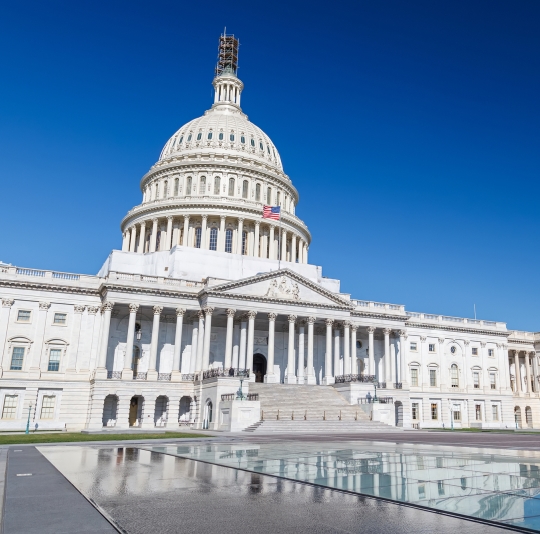Press Releases
House Passes Rep. Wexton’s Bipartisan Gabriella Miller Kids First Research Act 2.0
Washington,
March 5, 2024
Washington, DC – Today, the U.S. House of Representatives passed Congresswoman Jennifer Wexton’s (D-VA) Gabriella Miller Kids First Research Act 2.0, which would reauthorize federal funding for the National Institute of Health’s (NIH) Gabriella Miller Kids First Pediatric Research Program (Kids First), which has supported lifesaving pediatric research of treatments and cures for childhood cancer over the past nine years. The bipartisan legislation is named in honor of Gabriella Miller, who lived in Virginia’s 10th District and was diagnosed with an inoperable brain tumor and passed away in 2013 at the age of 10. Her passionate advocacy for lawmakers to “stop talking, start doing” led to the passage of the Gabriella Miller Kids First Research Act and creation of Ten-Year Pediatric Research Initiative Fund, which authorized $12.6 million in annual funds for childhood cancer research. Without action by Congress, funding will expire at the end of this fiscal year. “I am excited that the House has come together today in a bipartisan way to pass my Gabriella Miller Kids First Research Act 2.0 and step up the fight against childhood cancer,” said Congresswoman Wexton. “No family should have to face the fear and pain of their child’s cancer diagnosis, and the lifesaving work that the Kids First program is doing to research better treatments and cures is going to help make that day a reality. I’m honored to help carry on Gabriella’s inspiring advocacy and work to save the lives of kids across the country courageously battling these horrible diseases.” Since its creation in 2014, Kids First has taken tremendous steps towards understanding childhood cancer, sequencing more than 55,000 genomes from over 21,000 patients in childhood cancer and structural birth defect cohorts, as well as establishing the Gabriella Miller Kids First Data Resource Center as a comprehensive data resource for research and patient communities meant to advance discoveries. Despite the strides made in recent years, cancer continues to be the number one cause of death for American children than any other disease. Over 15,000 children annually are diagnosed with cancer, a number that has gradually risen in recent decades. Pediatric cancer often differs from cancer in adults in the type, how it spreads, and how it is treated. Many children respond poorly to conventional cancer treatments, resulting in long term health problems even when the disease is successfully cured. Despite this, currently only a fraction of current government funding for cancer is geared specifically towards developing treatments and cures for childhood cancer and other rare diseases. The text of the bill can be found here. ### |



